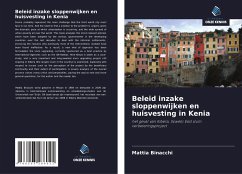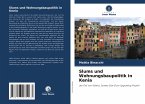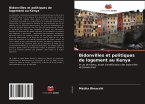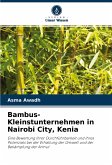Slums probably represent the main challenge that the third world city must face in our time. And the need to find a solution to the problem is urgent, given the dramatic pace at which urbanization is occurring, and the wide spread of urban poverty all over the world. This book analyzes the most relevant policies which have been adopted by the various governments in the developing countries over the last decades to deal with the informal settlements, stressing the reasons why eventually most of the interventions realized have been found ineffective. As a result, a new kind of approach has been formulated: the slum upgrading, currently sponsored as a best practice by International Agencies such as the UN-Habitat. Here Kenya is taken as a case-study, and a very important and long-awaited slum upgrading project still ongoing in Kibera (the largest slum in the country) is examined, expecially with respect to issues such as the perception of the project by the beneficiary community and their extent of participation. A severe analysis of the overall process raises many critics and perplexities, paving the way to new and more general questions, for the author and the reader too.
Bitte wählen Sie Ihr Anliegen aus.
Rechnungen
Retourenschein anfordern
Bestellstatus
Storno








